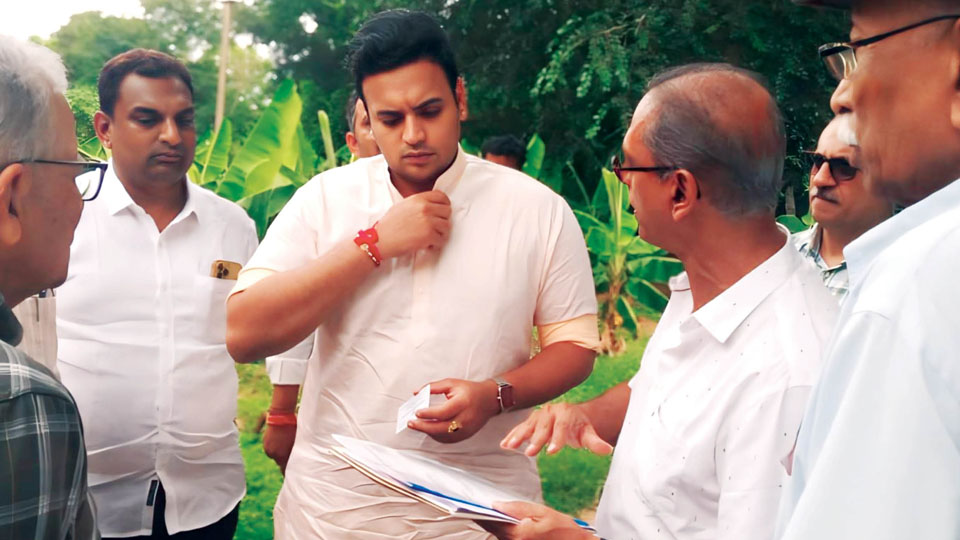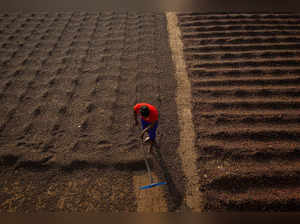
Hunsur:
A delegation of Codagu Planters Association (CPA) met Mysuru-Kodagu MP Yaduveer Krishnadatta Chamaraja Wadiyar on Aug. 20 during the 109th birth anniversary of former CM Devaraj Urs at Kallahalli, Hunsur.
The CPA presented a memorandum requesting the MP’s intervention to secure GST exemption for black pepper and cardamom. The delegation was led by CPA Chairman A. Nanda Belliappa and comprising Vice-Chairman A.A. Chengappa, members K.K. Vishwanath, K.K. Belliappa, Muthu Cariappa, and Secretary C.K. Belliappa.
The CPA’s memorandum highlighted that GST authorities have been issuing notices to coffee growers, insisting on GST registration due to the tax on black pepper. They argue that while green pepper is not subject to GST, dried black pepper attracts tax.
The CPA contends that the drying process does not alter the fundamental nature of the produce and should not impact the tax-exempt status of black pepper and cardamom.
This stance is supported by Section 2(7) of the CGST Act 2017, which exempts individuals or Hindu Undivided Families engaged in cultivation by their workers or with the help of family members or hired workers from GST registration.
The CPA also pointed out that imposing GST on black pepper and cardamom is inconsistent with the treatment of similar commodities like paddy and red chillies, which are exempt from GST.
The delegation briefed MP Yaduveer Wadiyar on the issue, who assured them that he would raise the matter with the Union Finance Ministry. A memorandum has also been submitted to the Union Finance Minister and the Finance Secretary through the MP.
source: http://www.starofmysore.com / Star of Mysore / Home> News / August 22nd, 2024


